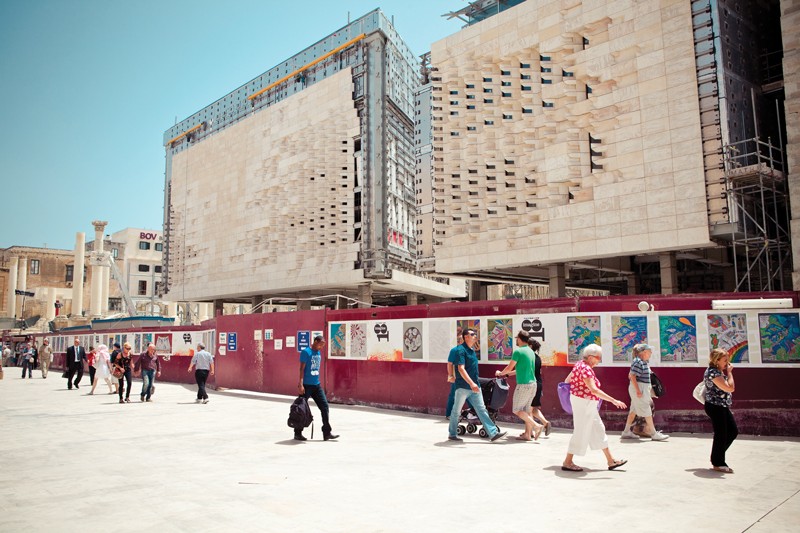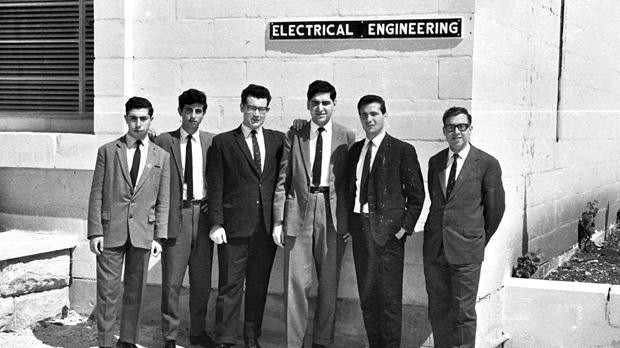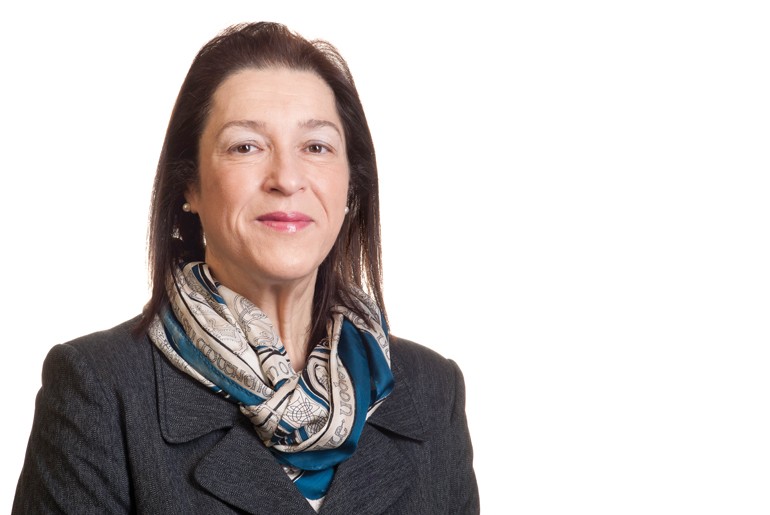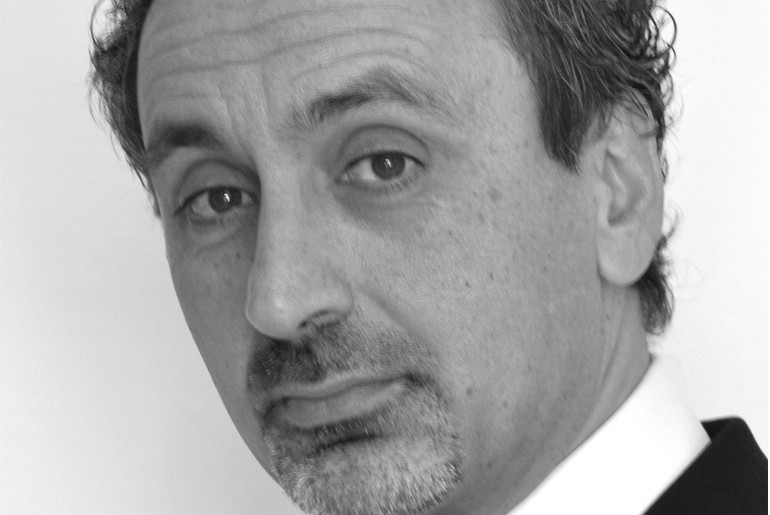Can planning really sustain us? Should we plan to survive or is project planning simply there to overcome obstacles when we are faced with them? Dr Rebecca Dalli Gonzi writes about a group of project management M.Sc. students who she asked to prepare a project plan. During their project students suddenly faced an unexpected turn of events. They were asked to counteract the problem and face the challenges that they encountered. This is their story
Planning is constant action; it never stops. If you are moving to a new house or country, you probably know what this means. Planning is pervasive, but can it get out of hand? What does planning a gap year mean? Do you plan every single minor detail or do you let loose to enjoy some spontaneity? If, for example, a couple is turning a shell apartment into a home it would involve a lot of tasks, planning leave in advance, and chasing the architect. They just might give up when a book shelf cannot get through the door. If we can plan to live, how would it help us get out of a rut when things really go wrong?
Managing your life is not that different to managing a project. When you manage a project you need a flexible plan that can meet the unplanned changing demands that life hurls at you. We live in a time when the efficiency of a service or project is based upon its ability to meet change or increasing demands. Would a project plan ensure that your plans run smoothly even when your life path starts changing its course?
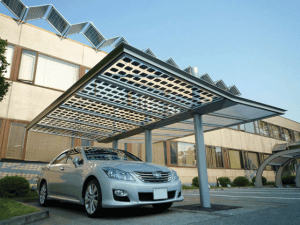
Project managers cannot always foresee every eventuality when planning and managing a project. Once a project is underway many unexpected events can affect project target dates and resources. Planning at its simplest would mean better management and more knowledge, while at its most complex, it could mean more peace of mind. Trying to plan a complex project without a plan is like trying to cross the Pacific Ocean without a navigation system.
Positioning your project within vulnerable situations during the initial planning stages means your team can generate ideas develop creative solutions, and have a solid idea about the resources they have, time schedules they need to stick to, and budgets. This is exactly what helped Rita Sant manage change during an unexpected turn of events as soon as her project was launched.
Plan for Health
Sant designed a healthcare concept for homebound patients called ‘SMART At HOME’. It offered a combination of home health and community based services. She carried out in-depth research to come up with the right strategy, marketing analysis, project milestones, and deployment plan. Things seemed perfect on paper. Yet she ran into a game changer. Shortly after the project was launched, a competing company called HomesforYou was set up. It threatened to put her project on hold. HomesforYou offered similar concepts that which her project sponsors had in mind. However, Rita and her team had engineered some alternate options before the actual launch to keep the company ahead of the competition. Putting the project in a vulnerable position through an in-depth SWOT analysis (analysis of the strengths, weakness, opportunities, and threats of a project) helped show the project sponsors where their focus should be. Her focus was primarily on selecting target markets and helping attract new customers. Sant was able to direct her team towards the right networks. She identified gaps in the south of Malta, and worked directly with doctors and insurance providers to bring in new customers.

Sometimes, we are so taken up by our projects that we fail to see the obvious, to question the challenges whilst assuming we have already envisaged the end result. Project planning helps identify areas of weakness through tools like PESTEL analysis (analysis of political, economic, social, technological, environmental and legal factors that impact business), SWOT analysis, performance testing to verify strategies (plan workability), design of project think tanks, project recovery planning, contingency planning, and risk analysis (amongst other research areas). There is a lot of research behind project management.
Plan for Energy
Areas in the project that could have been overlooked suddenly become crucial. Sometimes being realistic is crucial to success. Another student, Joseph Borda, immediately received a notice that should his project exceed the proposed budgets the project sponsors would incur heavy fines. Borda was clear with his ideas from the start. Developing the power engineering workforce for the future is what he had in mind. His design of a solar panel array on the Malta International Airport car park would mean the generation of just enough energy to supply the airport. Proper time scheduling ensured that the project would be delivered within the specified time-frames. This could only work together with a proper team organisational structure and pre-designed hierarchical task network, which is the approach to automated planning where dependency among actions is given in the form of a network. A well-researched proposal helped Borda envisage proper scheduling to ensure the project was delivered within the specified time objectives, together with the team organisation structure and task hierarchies required to complete the task in time. Could a project schedule really have helped Borda stick to his time-frames? A project’s life or death hinges on its delivery date. Incurring fines meant that the project was narrowed down to a critical selection of what areas of the project had to be done in time.
“A solar panel array on the Malta International Airport car park would mean the generation of just enough energy to supply the airport”
The schedule alone would not have been a guarantee to a successful outcome. The initial stages of project research helped him and his team realise that the costings report for mounting and installation of the array was heavily over-priced. The project schedule helped mitigate the over-budget fines through the planning of phased installations and so areas that were going to be over-budget were shifted into a secondary phase. Typical project management requires attention to time, cost and quality. Once restrictions appear in one area, other areas begin to shift to accommodate new demands.
Having project management principles in place means there is a greater chance of fulfilling your objectives within the overall strategy and facilitating diagnosis of different situations as they occur. Just like captains need chart plotters or radars for distance and bearing to be able to manoeuvre ships in the worst conditions, so project managers use Gantt charts (a type of bar chart used to illustrate a project’s schedule) to help manoeuvre projects through time. Detailed planning helps translate business objectives into deliverables, provide a list of resource requirements, and a realistic assessment of project time-scales. Control measures can also be used to ensure there are no delays in target dates or to help identify team members who are not being productive.
Plan for Success
Measures of project progress can also be used to indicate when things are not moving as planned. Marc Spiteri decided to incorporate this approach into his project plan to meet a specific target: managing the Malta national rugby union team to qualify for the Rugby World Cup. Spiteri chose sports engineering as his field of study.
Spiteri’s primary objectives were to promote sports locally and to increase Malta’s appeal as a destination for sports tourism. The management plan was designed to operate on a three-point plan: first, having funding mechanisms in place for potential stakeholders and sponsors to bring in further investments; second, training and game planning aimed to work with the national team chosen to aid the organisational requirements for training camps and competitive games; third, a marketing strategy to tap into the local resources.
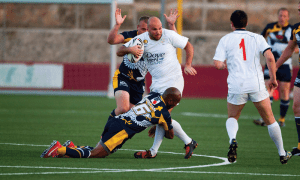
However, Spiteri was faced with a difficult challenge. Sponsorship for his project plan was threatened to be reduced if specific targets were not reached. Spiteri had knowledge and insight at the planning stage to moderate the negative effects of this cut. During planning he was able to set key performance indicators in areas of finance, training, competition and markets as part of the project design. The performance indicators allowed him to set targets to reach his ambitious goal. Rather than add a measure of control as an after-thought, he was able to integrate this as a whole concept. This meant that significant changes or shortcomings would be assessed against a measurement system, allowing a prompt response to take place with the significant action.
Plan for Death
Project control helps to ‘diagnose’ issues, plan for tackling weaker areas and adjust quickly to changes. It is normal for the team to assume that everything will work out well in the end but unpredictable behaviours, unfortunately, do happen. A lack of ownership can cause as many problems as unscheduled timing of events or project delays. A project plan gives the team the ability to envisage areas in which people conduct their activities and carry out their responsibilities. The more prepared the team is (in terms of knowledge and know-how of project plan), the quicker the recovery period. Planning is also useful as a tool when it is used to focus and highlight project needs to those involved. This is of particular importance when a project manager has to suggest different solutions to his or her client. Johann Farrugia was particularly good at providing a number of solutions for his concept of a digital cemetery when he had a major on-site problem with humidity.
“Information in cemeteries is handwritten meaning that some of the oldest records are today hardly legible. This is why cemeteries need an IT system to meet today’s needs”
Cemeteries are sacred, emotional spaces but also witnesses of human history. Information in cemeteries is handwritten meaning that some of the oldest records are today hardly legible. This is why cemeteries need an IT system to meet today’s needs. Farrugia identified the needs of all the different groups of people who make use of or work at a cemetery and figured out a system that allowed the public to request information easily. Through the website, staff and undertakers could access all the information they needed about gravesite location and burial details.
Farrugia faced problems with the testing system. Extreme humidity was interfering with the IT infrastructure limiting system usage. However, he integrated alternatives as part of his project planning phase thus being able to suggest solutions to his stakeholders and project investors. He was able to locate a secondary location system for supporting the project, thus eliminating completely the location of IT structures on-site. He also factored costings for any added insulation works required to counteract the problem and sought alternative zones that suffered from less humidity within the cemetery.
In this case, since the unexpected problem arose at an early stage, the project manager could be flexible in his planning, allow for change, and bring in alternate ideas to deal with these issues. Having considered the options beforehand meant that he could reduce the impact of a sudden major change.
In some cases, external events can trigger unexpected time delays. At times it can appear impossible to finish a project punctually, especially when there are delays in materials or suppliers. Sometimes a schedule should be consistent with your experience from previous projects. Your main focus should be on getting your critical requirements completed while avoiding distractions. The project management plan is critically dependent on the people who run it, design it, create it, and implement it. Moreover, increases in dependences increase time-frames.
Plan for Sustainability
Time-frames can quickly overrun when introducing sustainable measures into a residential development. Another student, Joslyn Magro, was keen to integrate into her project grey water reservoirs used to hold second class water for domestic use including lavatory use and landscaping photovoltaic panels, double glazing, and landscaping works. Sustainability has been an evolving theme to encourage environmental responsibility and promote intelligent decision- making with respect to energy use. Bad weather delayed the required materials that were being imported and this set the project back by a month.
By using a Gantt chart, Magro saw the negative effects of this delay. It would impact other installations and works. To reduce the burden, she scheduled architectural detailing and structural elements to run in parallel. This would reduce the dependency on strict delivery dates.
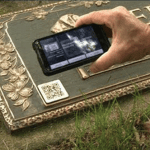
In her project plan she had also considered sourcing from different suppliers so she was able to negotiate costs affected by the delays. Once the materials were delivered on site, she could also introduce secondary teams of labourers to make up for the one-month back log. Costings saved during the delay, were used on a double-managed team unit. In her case, this may have proved to be the winning strategy as managing the on-site team as best as possible would help to counteract any further setbacks.
Taking advantage of constraints is the best way in project planning when possible. Projects revolve around expectations so it is better to envisage opportunity rather than to try control an event. Turning a shell apartment into a home might sound like a simple project in comparison to the ones discussed earlier but the problems would, theoretically, be very similar. Delays, supplier changes and exceeded budgets would surely impact your strategy along the way. Having strict milestones might be useful. It is not always necessary to consider worst-case scenarios but do consider carefully how much risk is actually acceptable. Most importantly, do not try to solve the problem, solve the cause.
This article covers some work of the first cohort of students enrolled in the M.Sc. in Project Management launched by the Department of Construction and Property Management, Faculty for the Built Environment, University of Malta. The diversity of projects reflects the range of situations in which project management skills are being applied.

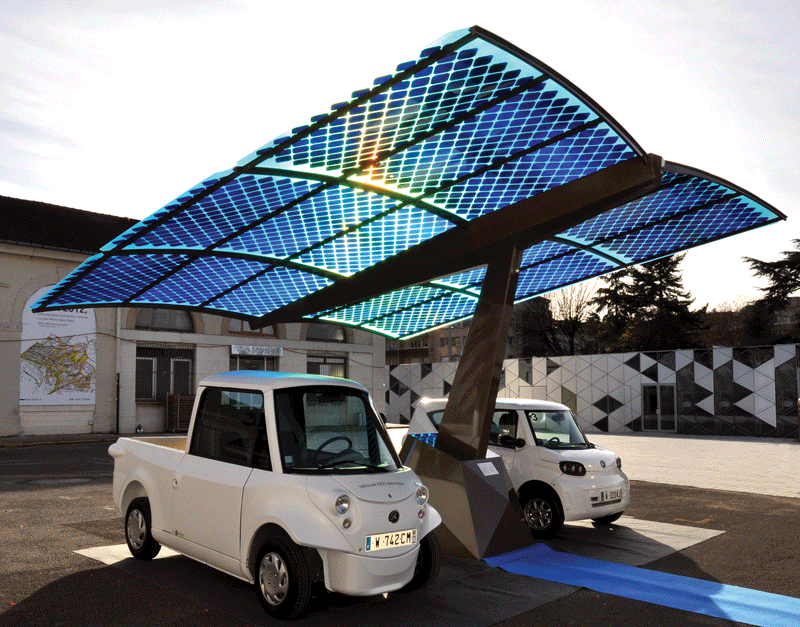


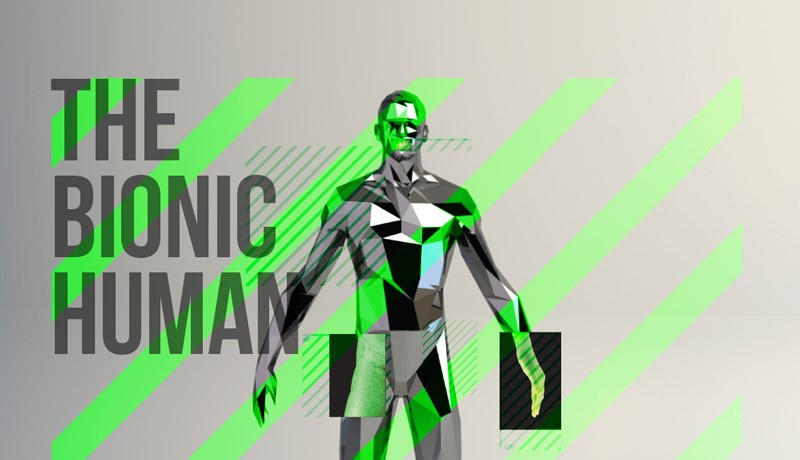

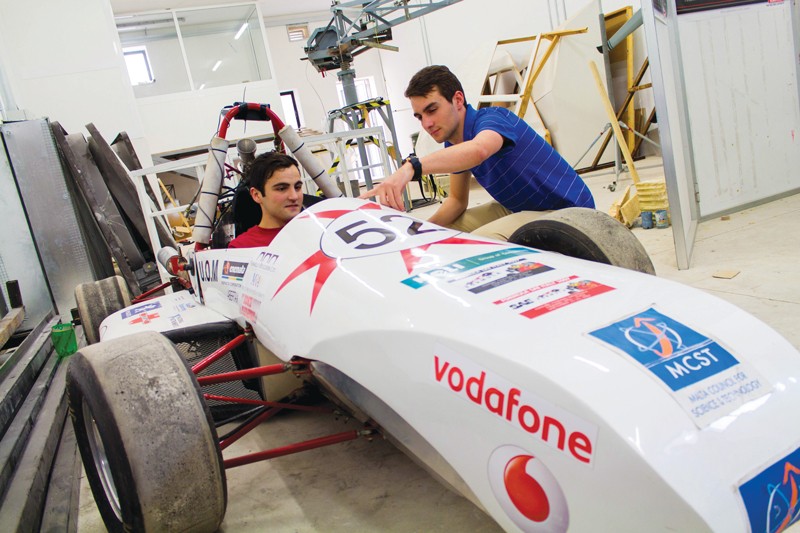

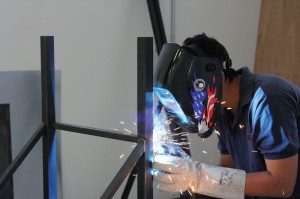 The 2007 team placed 17th out of 20 teams. The new team has stiff competition and huge challenges to overcome for the upcoming competition in July 2014. Foreign universities compete every year and build a database of knowledge and experience which students use to continue improving their cars. For the UoM to compete eff
The 2007 team placed 17th out of 20 teams. The new team has stiff competition and huge challenges to overcome for the upcoming competition in July 2014. Foreign universities compete every year and build a database of knowledge and experience which students use to continue improving their cars. For the UoM to compete eff